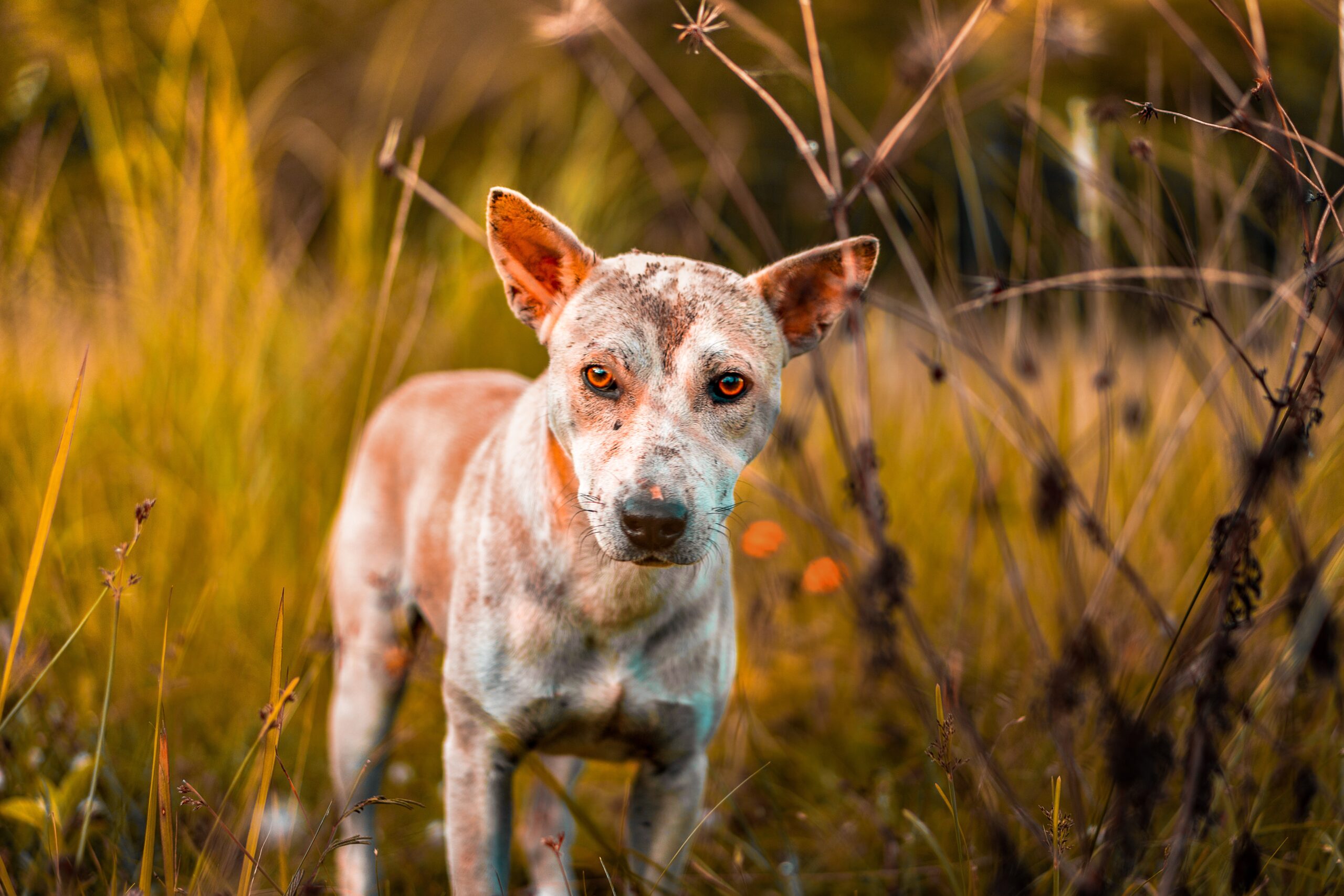How to Prevent Pet Skin Infections: Guide for Pet Owners
As a pet owner, you know how important it is to keep your furry friend healthy and happy. One way to achieve this is by preventing skin infections. Skin infections in pets can be caused by a variety of factors, such as parasites, allergies, or bacteria and it is important to prevent it in order to keep your pet healthy
In this article, we’ll go over some tips on how to prevent pet skin infections, so you can keep your pet healthy and comfortable.
Tips for Preventing Pet Skin Infections:
- Keep your pet clean: Regular baths are an essential part of pet hygiene. Bathing your pet with a mild shampoo can help remove dirt, dead skin cells, and excess oils that can contribute to skin infections. Be sure to use lukewarm water and avoid getting water in your pet’s ears.
- Watch for signs of infection: It’s important to be vigilant and watch for any signs of infection. If you notice your pet scratching, licking, or biting at their skin excessively, it could be a sign of an infection. Other symptoms include redness, swelling, or a foul odor. If you notice any of these signs, it’s important to take your pet to the vet right away.
- Maintain a healthy diet: A healthy diet can help strengthen your pet’s immune system, making it less susceptible to infections. Be sure to provide your pet with a well-balanced diet that contains all the necessary vitamins and minerals. Consult with your veterinarian to determine the best diet for your pet’s specific needs.
- Keep your home and yard clean: Your pet’s environment can play a role in skin infections. Keep your home and yard clean to prevent the accumulation of dirt, dust, and debris that can harbor bacteria and parasites. Regularly vacuum carpets and upholstery, wash bedding and toys, and pick up pet waste in your yard.
- Protect your pet from parasites: Parasites like fleas, ticks, and mites can cause skin infections in pets. Make sure your pet is up-to-date on their flea and tick prevention medication. Regularly check your pet for signs of parasites and remove them promptly if you find any.
Conclusion:
In conclusion, preventing skin infections in pets requires a combination of proper hygiene, diet, and environment. By following these tips, you can help keep your pet healthy and comfortable. If you notice any signs of infection, don’t hesitate to contact your veterinarian. With proper care and attention, you can help prevent skin infections and ensure your pet lives a happy and healthy life.


